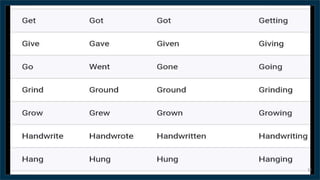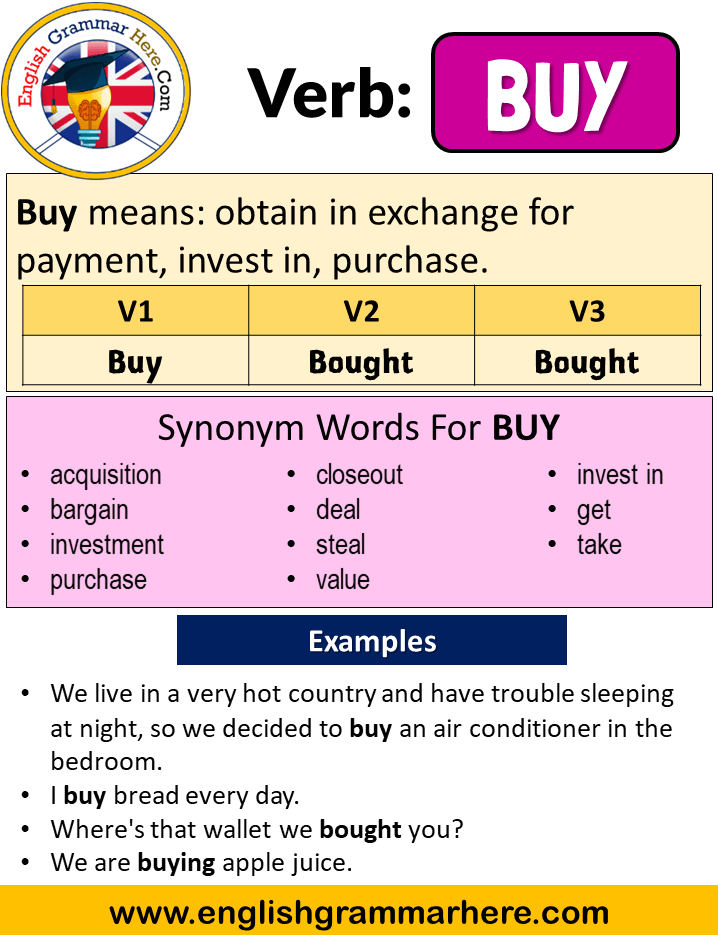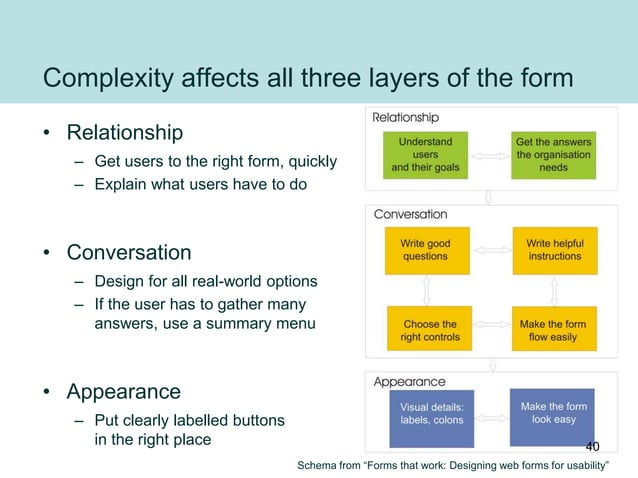There are several forms of the word "get" in the English language, each with its own unique definition and usage.
The first form of "get" is a verb, which means to acquire or obtain something. This can be physical, such as "I need to get groceries from the store," or intangible, like "I need to get a good night's sleep." "Get" can also be used to describe a process or journey, as in "I need to get to the airport by 6am."
The second form of "get" is a phrasal verb, which is a verb made up of a main verb and an adverb or preposition. These phrasal verbs often have a different meaning than the main verb alone. For example, "get on" means to board a vehicle or enter a place, as in "I need to get on the bus to go to work." "Get off" means to exit or leave a vehicle or place, as in "I need to get off at the next stop." "Get over" means to recover from or move past something, such as an illness or a difficult situation.
The third form of "get" is a slang term, which is informal language that is not typically used in formal settings. One example of this is "get it," which can be used to show understanding or agreement, as in "I see what you're saying, I get it." "Get" can also be used as a synonym for "understand," as in "Do you get what I'm saying?" This slang usage of "get" is often used in casual conversation or online communication.
In conclusion, "get" is a versatile word that can be used in many different forms and contexts. It is important to understand the different definitions and uses of "get" in order to communicate effectively in the English language.








